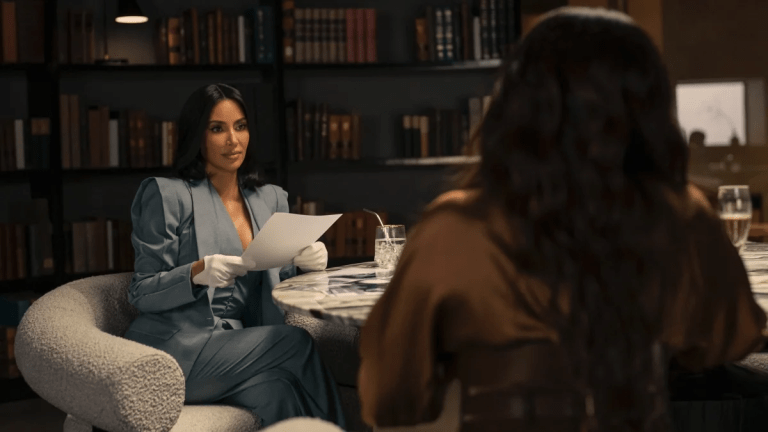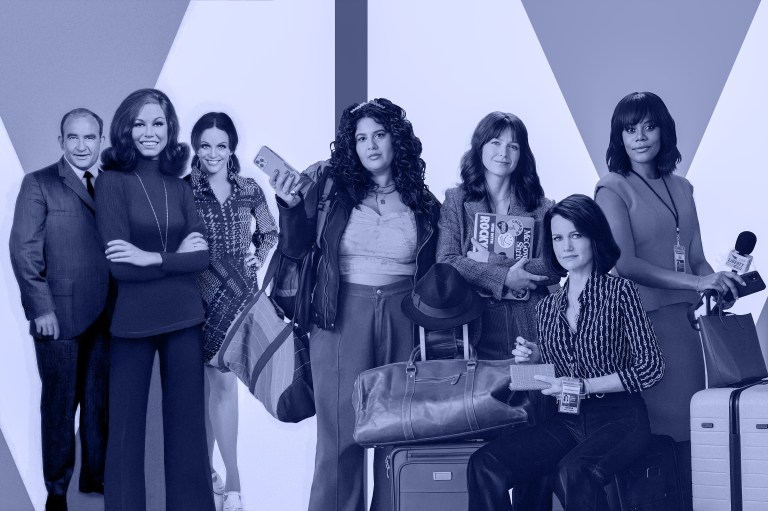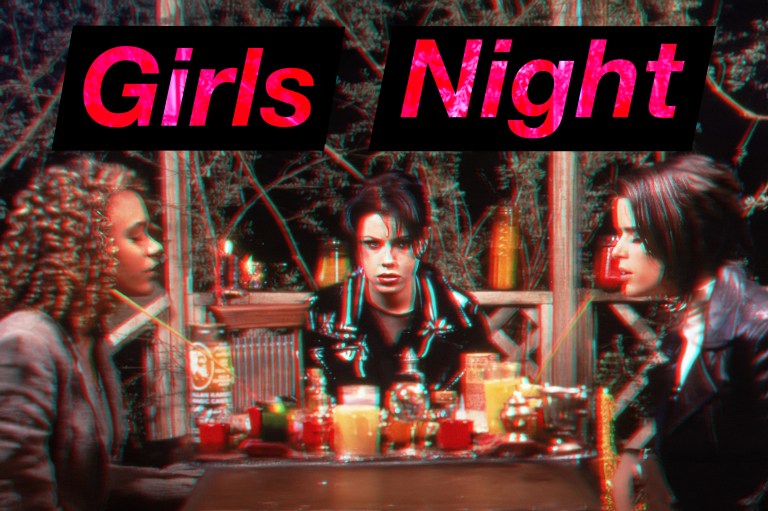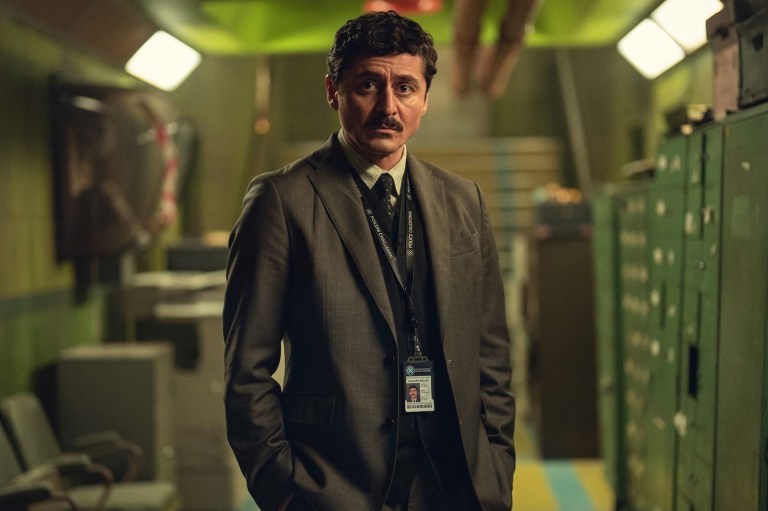
The New Trend Of ‘Anti-Hero Girlfriends’ And Why We Love Messy Female Leads
There’s a new kind of woman dominating our screens.
She’s chaotic, street-smart, and unapologetically flawed. She’s what I like to call the super savvy anti-hero girlfriend, who defies traditional expectations of femininity and old-timey morality. From Rachel in UnREAL to Villanelle in Killing Eve, these women are complex and unpredictable.
They challenge the notion that female characters have to be likable and perfect to fit into a story. Instead, they embrace their imperfections by offering a more authentic and relatable view of what it means to be a woman. This shift reflects a broader cultural movement towards embracing the messy, multifaceted nature of real women on screen.
Complexity Over Perfection
Once upon a time, the only kind of woman allowed on screen was the one who made everything easier for the man. She was the moral compass, the emotional support system, the trophy, the temptation. She cried beautifully and rarely raised her voice unless it was to deliver a non-disruptive pep talk or a sensual warning to the male lead. But these days, she’s throwing the whole script out the window and lighting it on fire for good measure.
The anti-hero girlfriend doesn’t exist to teach men lessons or hold their hands through existential crises. They’re not here to be the person who gets it or someone who fixes everything to keep the peace. These women are walking chaos, brimming with contradictions, and that’s precisely what makes them real. They are as selfish, brilliant, broken, manipulative, kind, and fierce as any complex male lead ever written. And finally, no one’s asking them to apologize for it.
The Rise of The Flawed Female
There’s also something refreshing about a woman who doesn’t care if you like her. Fleabag, for instance, didn’t smile through her shame. She weaponized it. Rue from Euphoria isn’t interested in redemption arcs or neat resolutions. She’s interested in survival. Arabella in I May Destroy You doesn’t become a paragon of virtue after trauma. She’s messy and angry. She also makes mistakes, and that makes her powerful.
We’ve spent decades absorbing media that told us women needed to be a certain kind of beautiful, pleasant, soft-spoken, or strong in ways that didn’t make men uncomfortable. But the anti-hero girlfriend doesn’t care about being digestible because she is not a lesson. Nor does she exist as a background character that blends in with the props.
Redefining Female Relationships
This new wave of female-led stories also disrupts the idea that women exist in competition with each other. In Big Little Lies, the bond between women is as vital and flawed as the women themselves. These characters lie to each other, protect each other, and grow together. They’re not always likable, and they’re not always honest. But they are very real.
Similarly, Orange Is the New Black showed us that female solidarity isn’t about holding hands and singing empowerment anthems. The show was about surviving together, even if that meant fighting, failing, or forgiving each other more times than we’d care to admit. Instead, these stories make space for the messy intricacies of female connection.
The Death of The Pretty Punchline
Another blessing of this new wave is that women are finally being written like humans as opposed to caricatures. And no more “you’d be prettier if you smiled” energy. We’re done with female characters being nothing more than walking commentary on how men feel around them. The age of using a woman’s weight, hair, or wardrobe as the comedic climax of a scene is over. And honestly? Good riddance.
The anti-hero girlfriend is a radical act of representation. She proves that women can be cruel, funny, wild, clever, wrong, or just plain weird and still be worth watching, still be worth rooting for, and still be worth writing. Cinema has come a long way from the Bond girl, and maybe that’s the best plot twist of all.
Why This Makes Men (and Some Critics) Uncomfortable
Here’s the thing, when women stop playing by the rules, men get nervous. Not all men, sure. But enough that we notice the pushback. You can see it in the review bombing of shows like She-Hulk and The Marvels, where audiences (mostly male) tank ratings not because the writing is catastrophically bad but because they’re uncomfortable watching women who aren’t smiling pretty and staying in their lane.
The anti-hero girlfriend strips away the comfort of the Stepford Wives fantasy and turns men into supporting characters like Ken in the Barbie movie. Our new leading lady is not nurturing or begging to be understood. She’s there to live. And that’s threatening if you’re used to being the center of every story.











